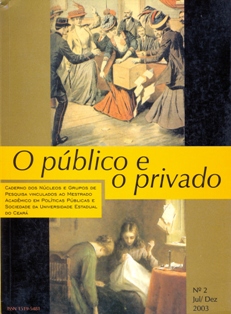Tradition and Cultural Intervention North American in Japan and Post-World War II Brazil
Keywords:
culture, post-world war II, individualism, educationAbstract
The intention of this text is to work on culture. More specifically, it aims to analyze and at the same time confront culture Japanese culture with Brazilian culture, given that, after the Second World War, these nations began to receive socio-cultural and educational influence from the United States analysis focused on some conceptions about culture that structure, inspire and guide procedures of various kinds, indicating possibilities and perspectives for the performance of the individual and the group in society. hypothesis that culture guides the direction of the entire structural chain of a society, even acting in an underlying way. The post-World War II era was a time when that culture in both Japan and Brazil has come to preferentially value material symbols, with a cultural “diffusion” of the United States of America. of Japan and Brazil is to bring out distinct cultural aspects, mainly previous However, our study, focusing on the post-World War II perspective, will try to show radical cultural changes in Japan and Brazil.











